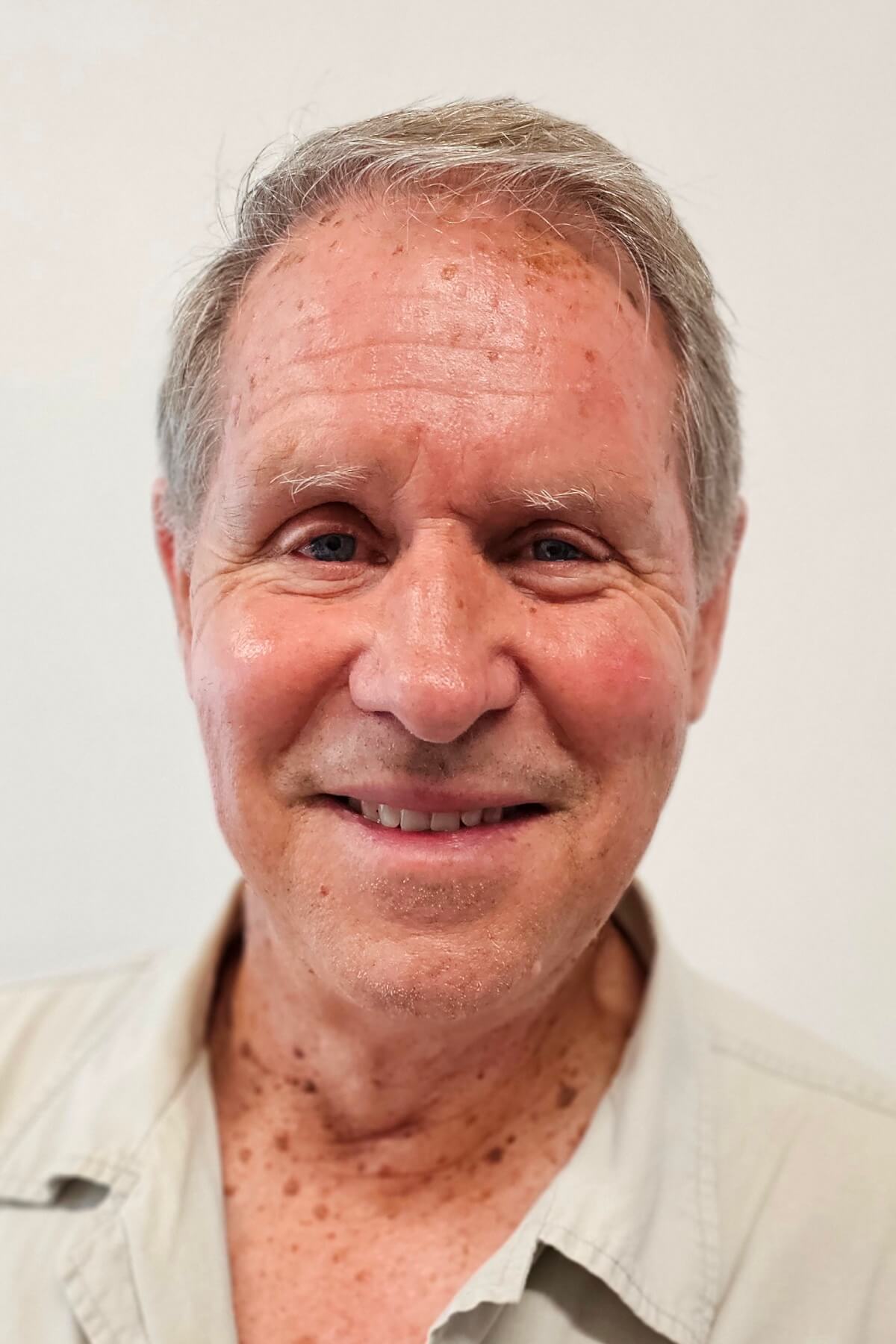
New Year Resolutions. Photo: Polina Kovaleva, pexels.com

Murray Smith
We’re only about halfway through January 2025, yet the weeks which have transpired thus far may possibly already have provided a decent test for many who made New Year’s Eve resolutions.
If you challenged yourself making resolutions for the year, it’s likely you could be in good company with others whose intentions are by now somewhat ‘bent’… maybe even broken?
The desire for shaping a better version of ourselves and making private contracts to change and improve how we go about life is pretty universal. Each year unlimited numbers of resolutions are made relating to diet, health and fitness, relationships, discipline around personal conduct, habits and behaviours, or engaging in new interests and perhaps learning new skills.
I’ve joked sometimes with people who have sworn off making resolutions because of past ‘setbacks’ and the sense of failure they felt through over-projecting with goals they’ve concluded were too ambitious.
As someone quipped, “I just realised that my expectations were way too high and damaging to my mental health…”

New Year, new opportunities. Photo: Anna Tarazevich: pexels.com
That rationale becomes a bit like, “No more resolutions, means no more broken resolutions”. But is setting the bar as low as possible really a valid approach to protecting yourself from failure?
Overcoming our negative predilections can be confronting but failing along the way shouldn’t be allowed to disqualify us from trying again and starting afresh.
Here’s a few real-life struggles acknowledged by people tempted to believe their battle for change was waging a war to achieve seemingly impossible goals…
“Every year I made a resolution to lose weight and then I – ooh is that a cookie?”
“I always resolve to be nicer to people, but each year some situation frustrates me, and then I’m not as nice as I’m supposed to be. So I just start again.”
“I wanted to stop eating sugar. But I just kept eating sugar.”
Without posturing as a master of self-discipline, there’s three simple fundamentals that I know by experience will make the difference in implementing personal goals.
- One: start where you are at. If for example, you set a goal to read three books a month for the next year and currently you’re not even reading one, make one a month your start point. Persevere with that – then increase your ‘performance’ from there.
- Two: remove any and all temptations. As in the case above with reading more books, Netflix has ‘destroyed’ good resolutions for decades. Flirting and ‘running the gauntlet’ with little compromises or distractions, hijacks efforts to change, shipwrecking the best of intentions.
- Three: last but not least – bringing God into the equation makes up for the weakness of human resolve alone to effect transformation. Karl Marx once proclaimed communism could ‘put a new coat on every person’. To Karl Marx, I’d say Jesus puts a new person into every coat.
Consider those groups advocating certain ‘steps’ for resolving addictions – they propose embracing a ‘higher power’ concept, or ’God as you understand Him’.
However, real power for thorough and total change exists in reaching out to God personally, for who He actually is – Jesus the Saviour who still breaks bondages, bringing freedom, new life and victory in all our struggles.

What next for 2025? Photo: Viridiana Rivera: pexels.com








